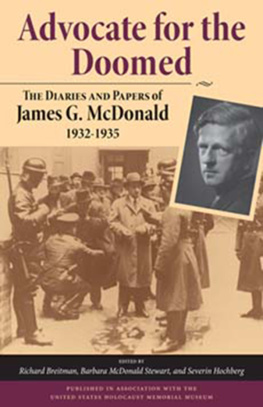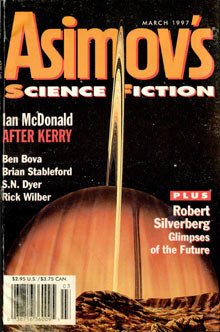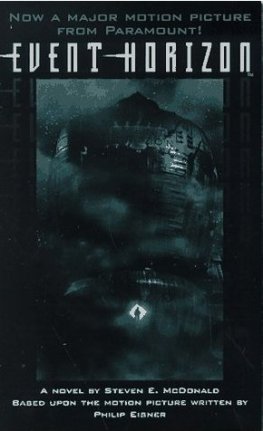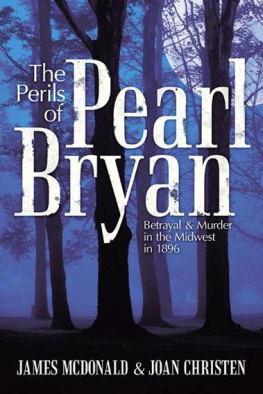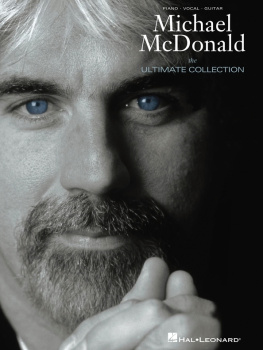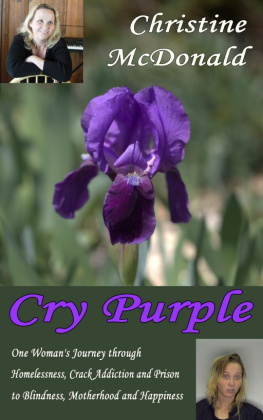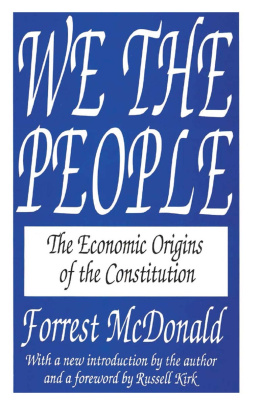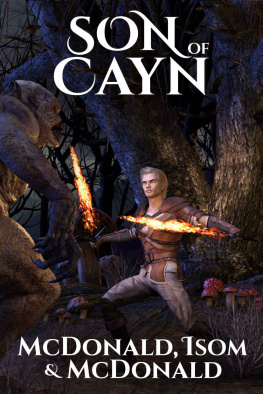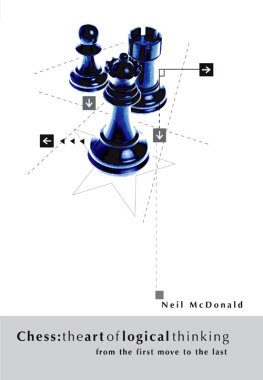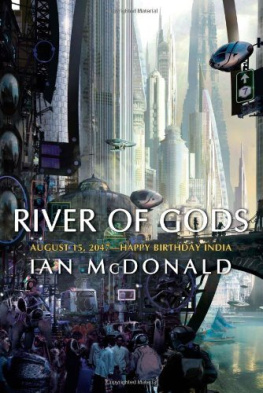The assertions, arguments, and conclusions contained herein are those of the author and the volume editors. They do not necessarily reflect the opinions of the United States Holocaust Memorial Museum or the United States Holocaust Memorial Council.
This book is a publication of
Indiana University Press
601 North Morton Street
Bloomington, IN 47404-3797 USA
http://iupress.indiana.edu
| Telephone orders | 800-842-6796 |
| Fax orders | 812-855-7931 |
| Orders by e-mail | iuporder@indiana.edu |
2007 by the United States Holocaust Memorial Museum
All rights reserved
No part of this book may be reproduced or utilized in any form or by any means, electronic or mechanical, including photocopying and recording, or by any information storage and retrieval system, without permission in writing from the publisher. The Association of American University Presses Resolution on Permissions constitutes the only exception to this prohibition.
The paper used in this publication meets the minimum requirements of American National Standard for Information SciencesPermanence of Paper for Printed Library Materials, ANSI Z39.48-1984.
Manufactured in the United States of America
Library of Congress Cataloging-in-Publication Data
McDonald, James G. (James Grover), 18861964.
Advocate for the doomed /James G. McDonald ; edited by Richard Breitman, Barbara McDonald Stewart, and Severin Hochberg.
v. cm.
Published in association with the United States Holocaust Memorial Museum, Washington, D.C.
Includes bibliographical references and index.
Contents: v. 1. The diaries and papers of James G. McDonald, 19321935.
ISBN-13: 978-0-253-34862-3 (cloth : alk. paper)
ISBN-10: 0-253-34862-5 (cloth : alk. paper) 1. McDonald, James G. (James Grover), 18861964Diaries. 2. McDonald, James G. (James Grover), 18861964Archives. 3. DiplomatsUnited StatesDiaries. 4. DiplomatsUnited StatesArchives. 5. High Commission for Refugees (Jewish and Other) Coming from GermanyBiography. 6. HumanitarianismHistory20th centurySources. 7. World War, 19391945RefugeesSources 8. AntisemitismHistory20th centurySources. 9. GermanyHistory19331945Sources. 10. National socialismGermanyHistory20th centurySources. I. Breitman, Richard, date II. Stewart, Barbara McDonald, date III. Hochberg, Severin. IV. United States Holocaust Memorial Museum. V Title.
E748.M1475A3 2007
327.2092dc22
2006029729
1 2 3 4 5 12 11 10 09 08 07
TO ROBERT DEROSIER, WILLIAM E. LEUCHTENBURG, AND ROBERT J. SCALLY
Even with three active co-editors, a project this big and this complicated needed the assistance of many other brains, hands, and eyes. None of those who helped us are responsible for errors or remaining difficulties, but they certainly deserve much of the credit for the positive elements.
Stephen Mize made this diary materialize in potentially publishable form. Having tracked down its component parts and, just as important, brought the McDonald families into the effort, fortunately he did not relinquish his role. He served as an essential member of our research group, showing discernment about what would or would not work in the way of annotations and additions. He helped with the editing, and he also took particular responsibility for photographs. We could not have managed without him. Benton Arnovitz, director of Academic Publications at the United States Holocaust Memorial Museum (USHMM), steered this effort from the stage of idea all the way to publication, offering judicious advice, nuggets from his experience, and occasional editing along the way. Janet Rabinowitch at Indiana University Press expressed enthusiasm for this diary from the beginning and fortunately did not let its size deter her or the press from publishing it in proper form.
Janet McDonald Barrett, Vale Barrett, Halsey V. Barrett, and Patricia Sugrue Ketchum provided invaluable information resolving many historical mysteries, culminating in the donation of the McDonald diary to the USHMM.
Sara Bloomfield, director of the USHMM, had the vision to see the importance of James G. McDonald to the USHMM, and she made this diary a museum priority. Paul Shapiro, director of the Center for Advanced Holocaust Studies, arranged for resources for this project and gave us valuable advice. One of the most important resources was Ohio State University graduate student Amanda Rothey, who served as our research assistant as a Dorot Fellow in the summer of 2005.
Others at the museum who gave their time and assistance generously include Sharon Muller, Judith Cohen, Maren Read, Henry Mayer, Rebecca Erbelding, Mark Ziomek, Alice Greenwald, Diane Saltzman, Aleisa Fishman, Suzanne Brown-Fleming, Beth Aronson, Jordan Tannenbaum, Laura Heymer, Arthur Berger, Dara Goldberg, Andrew Hollinger, George Hellman, Jrgen Matthus, Peter Black, Celeste Maier, Julie Hock, Shelley Binder, Nancy Hartman, Aleksandra Borecka, Ferenc Katona, Michlean Amir, Sara Sirman, Anne Marigza, Emily Jacobson, Teresa Pollin, Stephen Feinberg, Peter Fredlake, Ann Richman, David Stolte, Peter Bonta, Duane Brant, Christine Brown, Heather Duckworth, Kristy Brosius, Katie Swangin, Linda Lazar, Robert Garber, Bruce Tapper, Victoria Barnett, Jill Weinberg, Max Reid, Curtis Millay, Steven Kanaley, Ronald Coleman, Steven Luckert, Ann Miliin, and Amanda Noyes.
Drawing on her expert knowledge of the context of British events, Anne Rush helped with annotations and proofreading. Ada Rousso performed the absolutely essential task of entering repeated stylistic corrections into the first rough computer copy of the manuscript. She saved us hundreds of hours and much frustration.
Harold Miller, archivist of the Foreign Policy Association (FPA), and Robert Nolan, also at the FPA, supplied information about McDonalds years at the FPA. Stacey Lynn Sell, National Gallery, did research on McDonalds professional associations. Pamela Wasmer, Monroe County (Indiana) Public Library, tracked down information about McDonalds genealogy and early years.
Tamar Evangelistia-Dougherty, curator at the Lehman Suite, Columbia University Libraries, was extraordinarily generous. At the Joint Distribution Committee Archives, Misha Mitsei, Sherry Hyman, and Shelley Helfand were all very helpful. We are grateful to the staff of the Houghton Library at Harvard University and to the staff of the Franklin D. Roosevelt Presidential Library, especially Robert Parks.
During 20052006 Richard Breitman was the Ina Levine Invitational Scholar at the Center for Advanced Holocaust Studies. This fellowship, the result of the generosity of William S. Levine, allowed him to spend most of his time on Advocate for the Doomed.
We are greatly indebted to all of them.
Advocate for the Doomed

